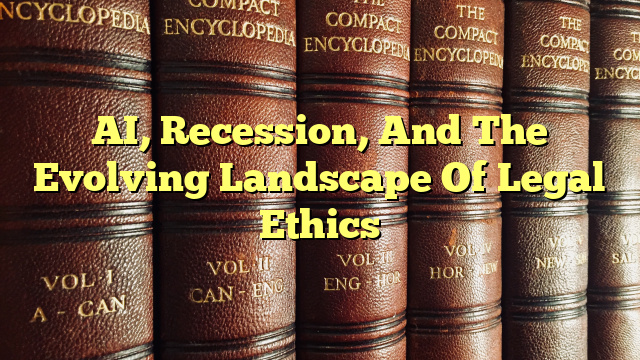Table of Contents
Legal Ethics Issues with AI
AI technology has introduced various legal ethics issues in the legal profession. One of the main concerns is the potential bias in AI algorithms, which can lead to discriminatory outcomes. For example, if an AI system is trained on biased data, it may perpetuate and amplify existing biases in the legal system, such as racial or gender bias.
Another ethics issue is the lack of transparency in AI decision-making. AI systems often operate as black boxes, making it difficult for lawyers and clients to understand how decisions are reached. This lack of transparency can undermine the principles of accountability and fairness in the legal process.
Additionally, the use of AI in legal research and document review raises concerns about the unauthorized practice of law. While AI can assist lawyers in analyzing large volumes of data, it is important to ensure that the final legal advice and conclusions are still provided by licensed attorneys.
AI Changing the Legal Profession
AI is transforming the legal profession in various ways. One significant change is the automation of repetitive tasks, such as document review and contract analysis. AI-powered tools can quickly analyze large volumes of documents, saving lawyers time and improving efficiency.
Furthermore, AI technology is enabling predictive analytics in legal practice. By analyzing past cases and legal data, AI systems can provide insights and predictions on the likely outcomes of legal disputes. This can help lawyers make more informed decisions and provide better advice to their clients.
AI is also facilitating the development of online dispute resolution platforms, which offer alternative methods for resolving legal disputes. These platforms use AI algorithms to facilitate negotiations and provide dispute resolution services, reducing the need for traditional court proceedings.
Emerging Legal Issues in an AI Driven World
As AI continues to advance, new legal issues are emerging. One such issue is the liability for AI-generated decisions. If an AI system makes a mistake or causes harm, who should be held responsible? Should it be the developer, the user, or the AI system itself? These questions raise complex legal and ethical considerations.
Another emerging issue is the protection of intellectual property rights in AI-generated works. As AI systems become capable of creating original works, such as art or music, questions arise regarding ownership and copyright. Should AI-generated works be protected under existing laws, or do we need new legal frameworks?
Privacy concerns also arise in an AI-driven world. AI systems often collect and analyze large amounts of personal data, raising questions about data protection and privacy rights. It is crucial to establish robust regulations and safeguards to protect individuals’ privacy in the age of AI.
Negative Effects of AI in Law
While AI brings many benefits to the legal profession, it also has negative effects. One concern is the potential job displacement of lawyers. As AI technology becomes more advanced, it may replace certain tasks traditionally performed by lawyers, leading to a decrease in demand for legal professionals.
Another negative effect is the potential for AI to perpetuate systemic biases in the legal system. If AI algorithms are trained on biased data, they may reinforce and amplify existing inequalities and discrimination. This can undermine the goal of a fair and just legal system.
Additionally, the reliance on AI systems can create a dependency on technology. If AI systems fail or make mistakes, it can have serious consequences for legal practice. Lawyers must be cautious and ensure they have the necessary skills and knowledge to understand and verify AI-generated results.

